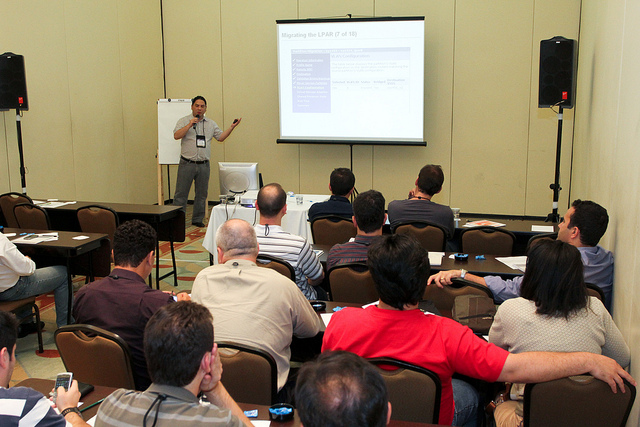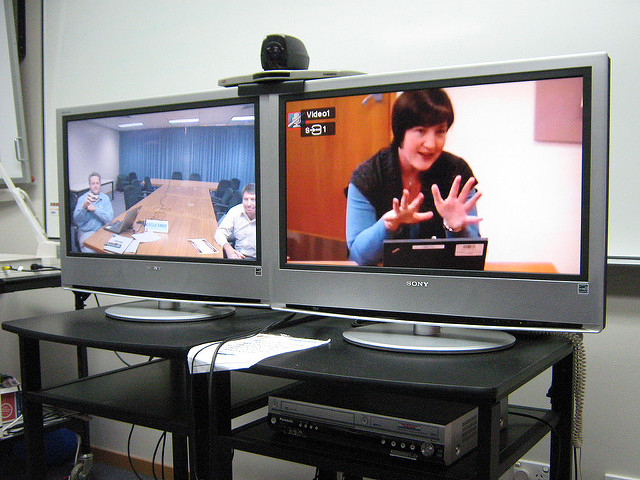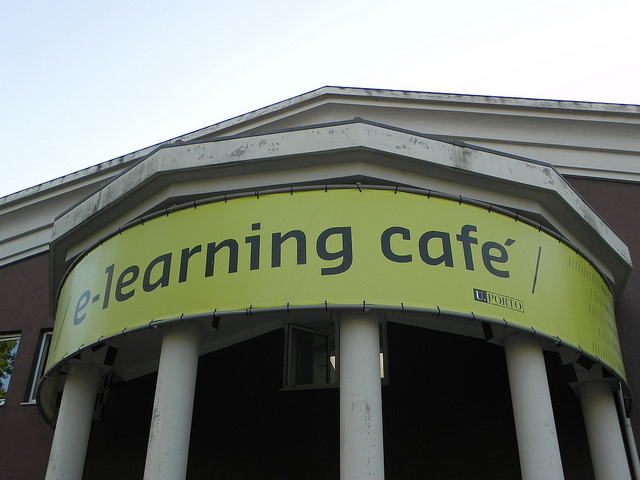Education has come a long way from the blackboard and chalk to modern, technology-enhanced educational tools. The main problem of contemporary educational systems is that those innovations aren’t used equally in all schools and colleges. The sad truth is that people living in deprived communities receive poorer education than people from wealthy social surroundings. However, the increased availability of the Internet enables those underprivileged students to improve their skills through online education. Still, teachers have a couple of aces up their sleeves that shouldn’t be ignored.
Classroom Authority vs. Online Sources
A teacher isn’t definitely the only source of knowledge and information anymore. Since the greatest share of the smartphone market is taken by young adults and older teenagers (people aged 20-40 and 15-19), these gadgets have a huge influence on their studying. Although more conservative scholars have always claimed that the excessive use of gadgets in lectures can be counterproductive, most youngsters would only scoff at their remarks. However, the results of the research on the effects gadgets on studying, conducted by MIT experts, show that too much digital learning can yield worse results than the traditional studying process. Therefore, it seems that we still need teachers and professors as advisers and tutors, while digital tools should serve as an addition to our education.

Time Management in Different Learning Realms
Being a member of a traditional group of students in the classroom definitely affects your time organization. No matter if you’re a high school student, a college freshman or a university graduate, classroom education demands sticking to different schedules. More often than not, old-school educational institutions ignore the connection between our physiological state and its productivity peaks As an alternative to it, students can take up online courses and manage their time in accordance with their preferences. For instance, if you work from home as a freelancer, you can successfully attend online courses and still retain your work efficiency rate.
Socialization in Offline and Online Courses
When you attend an orthodox school course, you meet new people and establish fresh social contacts. Although this might seem unnecessary in the times when we use all sorts of social media, meeting people in person still plays an important role in the psychological development of every person. After all, one of the main reasons why adults take up hobby or language courses lies in the fact that they need real social interaction. On the online side of education, you usually communicate with your colleagues via chats or comments. While it’s still a form of socialization, it can’t outperform the social aspect of offline education.

Video Content Prevails
The most obvious thing that online studying and offline classrooms have in common is the domination of visual materials. More and more schools are equipped with TV-sets, projectors and projection screens, contributing to the general visualization of education. As for self-taught students, video channels and some other online content features such as infographics make studying more effective and less stressful.
Except from videos, which mostly benefit visual learners, we shouldn’t underestimate the power of audio podcasts. With all the gadgets we have at our disposal, downloading and listening to such materials is a fantastic benefit of the Internet-enhanced education. Nevertheless, once you find everything you need online, you also need to pay attention to the quality of your Internet connection and data usage. In line with that, having a better insight in Foxtel broadband plans can be a good long-term move when your education is in question.
When it comes to young people who are still developing their personalities, education will be more productive if it represents an amalgam of offline and online features. As a matter of fact, the power of school is still strong and they should make the best use of it. On the other hand, self-disciplined adults can effectively expand their knowledge through online education (and satisfy their social needs by resorting to some relaxing hobbies).





